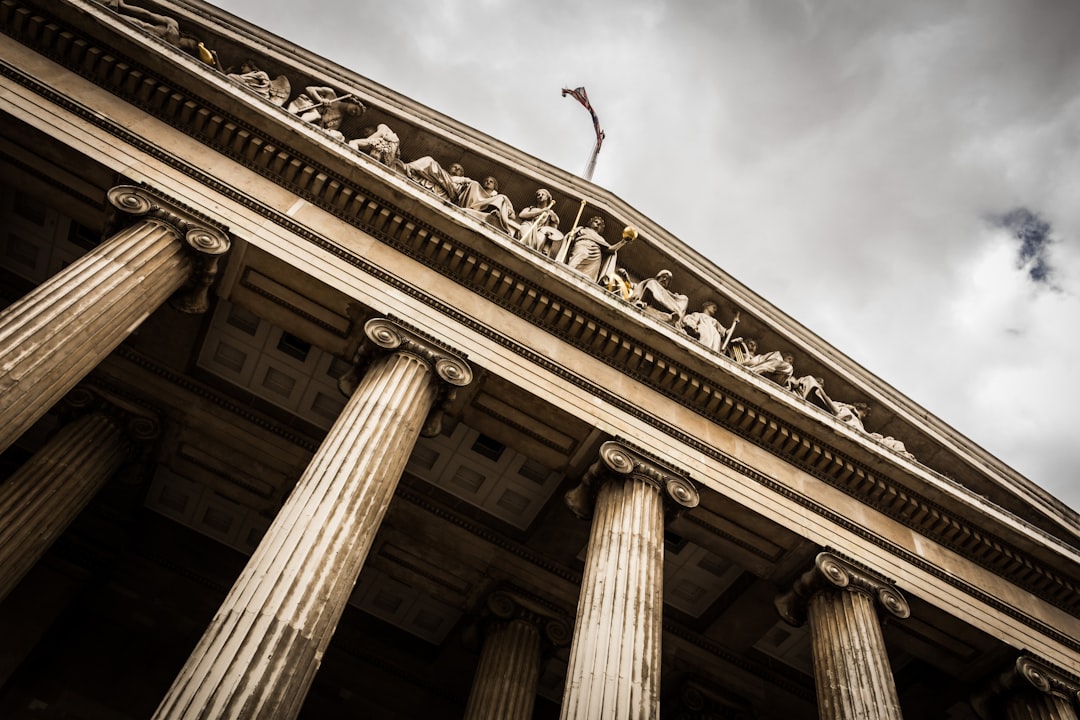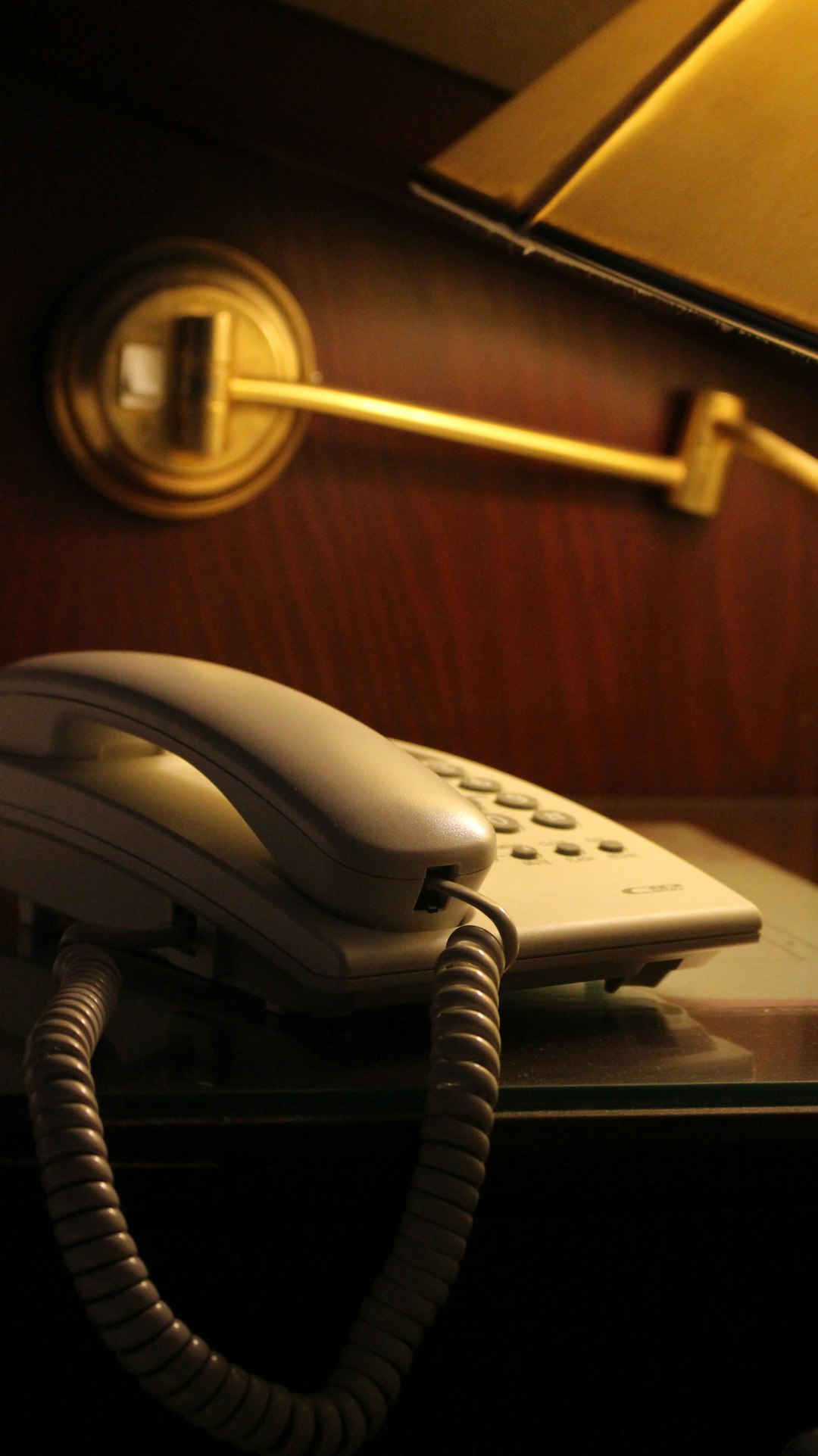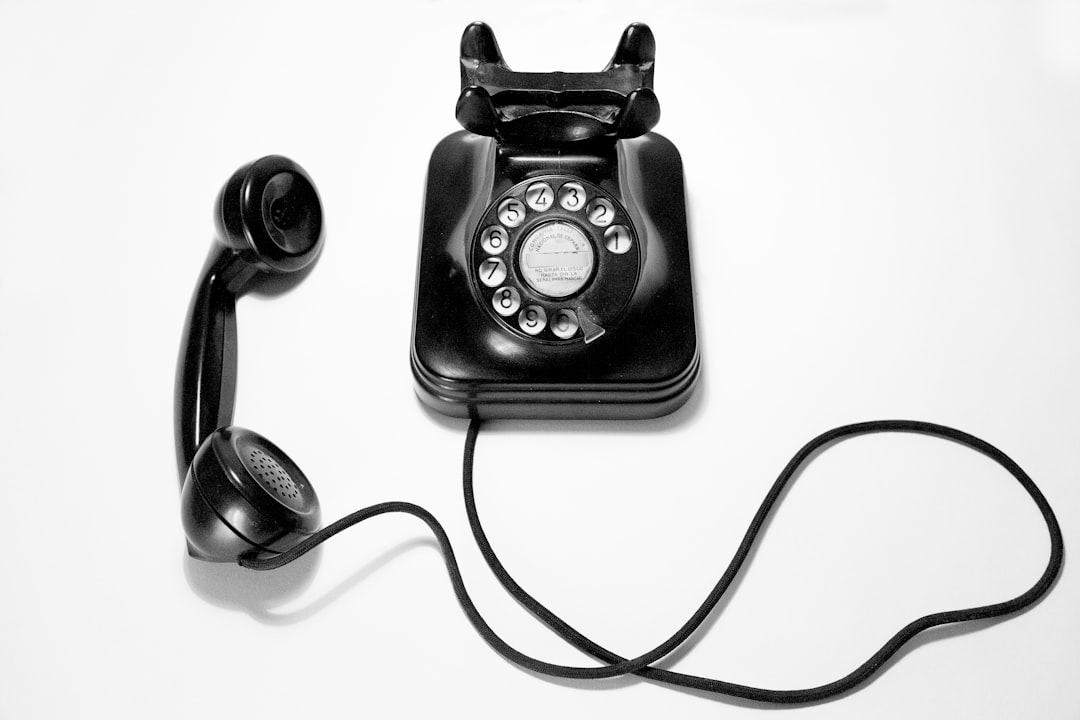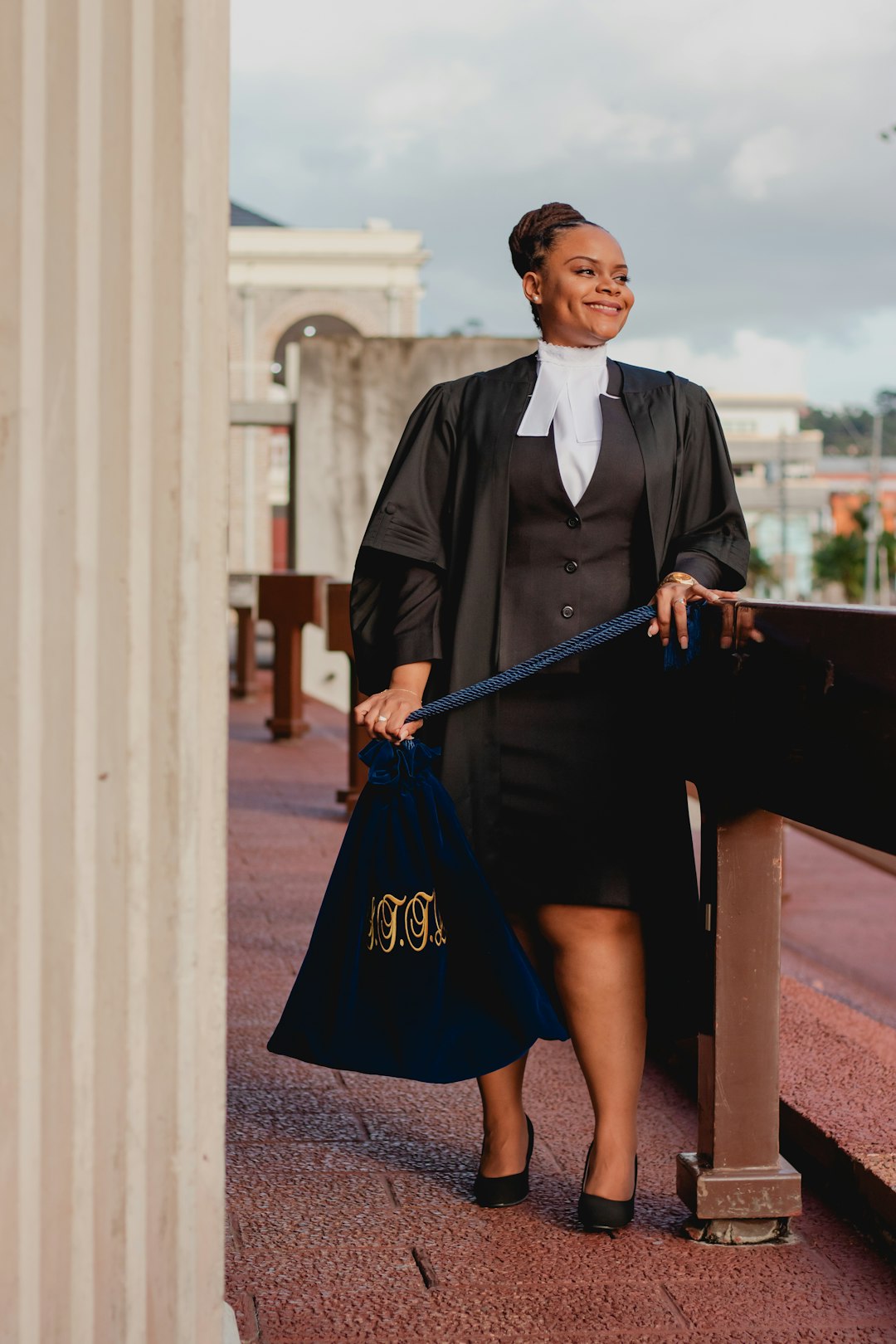Scam artists in Washington D.C. pose as lawyers or law firms, pressuring residents into immediate payments or sharing personal info over the phone. Protect yourself by verifying calls through official channels, checking firm details independently, and avoiding pressure for hasty decisions. Note down suspicious callers, block numbers, and report them to your provider and FTC to fight Do Not Call law firm scams.
Residents of Brightwood, DC, need to stay vigilant against scam calls targeting their personal information. This article equips you with essential tools to identify and mitigate these threats. We explore common scams prevalent in the area, emphasizing recognizing fraudulent law firm impersonations—a frequent tactic used by scammers. Learn how to verify legitimate contact details, safeguard your personal data, and report/block unwanted calls effectively. Stay one step ahead of fraudsters by understanding their tactics and protecting yourself from Do Not call law firms DC.
Recognize Common Scam Tactics in DC

Scam artists are always finding new ways to target unsuspecting residents, and Washington D.C. is no exception. In recent years, there has been a rise in calls from individuals posing as lawyers or legal firms, often asking for personal information or demanding immediate payment. These “Do Not call law firms DC” scams are designed to take advantage of people’s fear of legal issues and financial vulnerability.
Residents should be wary of unexpected phone calls claiming to be from reputable organizations. Legitimate businesses will usually reach out through known contact methods, and they won’t pressure you into making hasty decisions. If you receive a call that makes you feel uncomfortable or demands sensitive information, it’s best to hang up and verify the caller’s identity through official channels. Remember, no one should be pressuring you to make on-the-spot payments or provide personal details over the phone without thorough verification.
Verify Law Firm Contact Information

When receiving suspicious calls, Brightwood residents should verify the contact information of any self-proclaimed law firm. It’s crucial to double-check their details independently to ensure they are legitimate. This means looking up the official website and phone number of the supposed law firm through trusted sources, like the State Bar Association or other verified business directories. By doing so, you can easily confirm if the caller is genuinely affiliated with a law firm in DC or not.
Remember, reputable law firms do not typically initiate calls to request personal information over the phone. If you’re unsure, it’s best to reach out to them directly using the confirmed contact details to verify any alleged legal issues. This simple step can help you avoid falling victim to scam artists pretending to be from a law firm in DC, preventing unwanted and potentially harmful interactions.
Protect Your Personal Details

Protecting your personal details is a crucial step in safeguarding against scam calls. Scammers often target residents in Brightwood by pretending to be from reputable organizations, like law firms in DC, to gather sensitive information. Be cautious when sharing your name, address, social security number, or financial data over the phone. Legitimate companies won’t pressure you into providing such details immediately. Remember, if a call seems suspicious, it’s okay to hang up and verify the caller’s identity through official channels.
To avoid falling victim, be wary of unexpected calls asking for personal information. Instead, take control by initiating contact with known organizations using their official phone numbers or websites. By being diligent and protective of your data, you significantly reduce the risk of becoming a target for scam artists.
Report and Block Unwanted Calls

Residents of Brightwood can take proactive steps to protect themselves from scam calls by reporting and blocking unwanted callers. Start by identifying suspicious calls, whether they claim to be from law firms in DC or not. If a call appears dubious, don’t engage; instead, note down the caller’s information for future reference.
Many phone service providers offer tools to block specific numbers. Utilize these features as a first line of defense against scam artists. Additionally, report these calls to your service provider and relevant authorities, such as the Federal Trade Commission (FTC), which tracks and addresses widespread scams. Remember, acting swiftly can help protect not just yourself but also your neighbors from potential frauds, especially when it comes to Do Not Call laws designed to safeguard consumers from unwanted solicitation.






